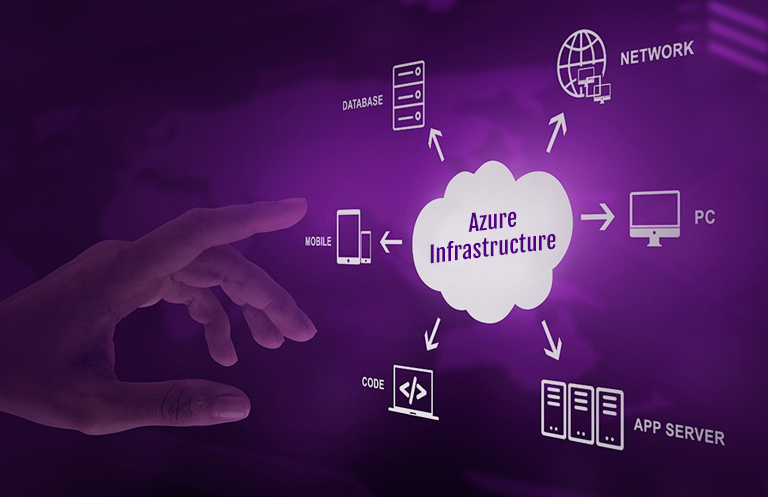The widespread use of Video management software (VMS) in the surveillance industry raises a fundamental question on how to select the most suitable solution for enterprises of different sizes and requirements. If you have a smaller setup requiring VMS installation with just 20-60 cameras, all you need are basic surveillance functionalities with a single management server and a few TB of space. Larger VMS installations (5000 cameras etc.) would require more scalability, greater amount of storage, faster response time for incidents and real-time connectivity.
Let’s take a closer look.
Globally, the Video Management software market is booming, estimated to cross USD 48 billion by 2020. Despite such a high rate of adoption, most enterprises struggle to determine the appropriate VMS installation for their needs. In these times of change, existing VMS systems are becoming more advanced, flexible and intelligent, with a wide range of affordable choices. It does become challenging though to judiciously map video surveillance solutions to an enterprise’s precise requirements, while they can consider decisions on whether to adapt or switch to next level VMS.
To know more about the huge stakes involved in VMS market, check out this video.
Considering the Video Surveillance as a Service (VSaaS) Model
There cannot be a one universal approach in determining the VMS solution for a given enterprise, because the actual business need does vary, depending on parameters like industry, types of projects, location and organization size.
If an enterprise is deploying a VMS for the first time or desires a quick upgrade to their existing solution, there will be more touchpoints (connected devices and cameras) to manage. What this means is that there cannot be a one-size-fits-all business model/structure of pooling VMS services because it tends to vary as per organization size and requirements.
The same holds true for VMS services. Considering all possible permutations and combinations, they can be positioned based on a number of requisite features with reference to no. of cameras and connected devices, which can be further categorized as small, medium and large-sized VMS installations.
Small Sized VMS Installation
Typically, small-scale businesses have limited IT resources which means their most likely requirement is quick and easy VMS installations with just a limited number of cameras. Using small-sized VMS installations, these enterprises seek to independently manage the security and surveillance of a single site. These small installations are generally expected to cover an individual site with 20 – 60 cameras, have a single management server and a few TB of storage space. Users should be able to access recorded and real time videos with basic analytics capbilities.
Medium Sized VMS Installations
There are many organizations which are fast-paced in enhancing their businesses across multiple locations. With fast-paced growth, the need for an upgraded VMS is pre-eminent and these mid-sized enterprises eventually require a higher volume of cameras (100- 300) to support their expanding premises.
Mid-sized retail stores, manufacturing units, educational institutes, hospitals, hotels etc. are potential prospects for medium sized VMS installations and would typically require multiple storage paths for videos, and multiple management servers. The deployed cameras should be able to integrate with access control devices to provide a comprehensive and connected security solution.
It is also advisable to have these systems use either a public or private cloud to save on server costs and access feeds remotely.
Large-sized VMS Installations
A typical Cloud-based VMS systems with a full suite of video analytical features is required for big enterprises or for companies with multi-location and multi-site monitoring surveillance needs. VMS systems, in such cases, should be able to scale and support dynamic camera requirements and connected devices, while being “provisioned” to deal with Big Data.
Large-scale VMS installations are mainly used by big corporations, large manufacturing units, government offices/projects, city surveillance, fleets etc. The VMS system of this scale can generally be controlled and managed by the IT team and security experts of the host enterprise, because the analytical reports generated by the system requires an instant response to the incident.
While planning the requirements for adoption or upgrade of a VMS system, an enterprise should consider 1) Ways to marry the VMS solution to their surveillance objectives 2) Take care of privacy concerns 3) Optimize the video storage bandwidth 4) Develop analytics and alert mechanisms 5) Enable existing infrastructure to scale to future needs.
Miscellaneous features like incident capture & notification, PTZ controls, privacy masking, 360º panoramic view, full HD recording, real time video streaming, multiple users support, remote access facility etc. helps in providing a comprehensive video surveillance solution.
How eInfochips can help with your VMS needs?
eInfochips offers a complete VMS solution, which enables the enterprises to have access to their video surveillance from anywhere and anytime. These affordable and efficient VMS services include microservices-based architecture, giving complete flexibility and customization. With multitenancy, federated, and cloud-based architecture, we allow scalablity to adapt to any no. of cameras, servers and sites. Along with cloud-based VMS offerings, eInfochips also offers a full suite of Video analytics capabilities.
In a previous blog we had discussed three kinds of VMS services based on their deployment type i.e. On-Premise VMS, VMS on cloud and Hybrid VMS. All these types can be opted by any of the enterprises across small, medium and large sized installations, based on their scale of project and specific requirements.













